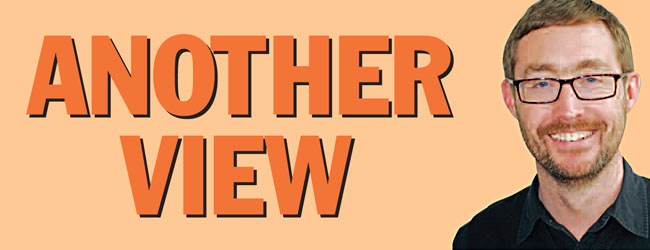1 October 2010
Mixing sport and politics
 OUR national broadcaster has let us down again. They failed to broadcast two of the biggest sporting achievements of the year.
OUR national broadcaster has let us down again. They failed to broadcast two of the biggest sporting achievements of the year.
On September 18th, Katie Taylor won her third successive Women’s World Boxing Championship title. In Barbados, she defeated China’s Cheng Dong in the final match. The fight was also Taylor’s 100th career win.
The night before, on September 17th, the Ireland women’s Under-17 soccer side were defeated 2-1 by Japan in the FIFA Women’s U-17 World Cup quarter-final in Trinidad. In June, they were the first Irish women’s team ever to qualify for the UEFA finals. They made it all the way to the final itself, only to be beaten by Spain on penalties.
Despite the historic significance of both of these sporting events, RTÉ did not deem them important enough to broadcast live on television.
Yes, they got news coverage. Yes, they were webcast. But someone somewhere in the RTÉ bureacracy took a decision not to show them live.
Why? The answer is as simple as it is ugly. Because they were women.
At a time when there is so little good news in the country, the decision not to promote the achievements of this group of home-grown sportspeople is truly baffling.
Now, truth be told, I’m not much of a boxing or soccer fan. But that really that doesn’t matter. I followed the news coverage of both Katie Taylor and the under-17 team over the summer. I became excited as they advanced through the various stages of their respective competitions. And I would have stayed up to watch both events had they been broadcast on RTÉ.
You really have to wonder what the over-paid executives at RTÉ were thinking.
AND while I’m on the subject of sport and politics, I want to pay tribute to one Eamonn Sweeney, sports columnist with the Sunday Independent. On September 12th he penned one of the most cutting and astute commentaries on that other ‘much-loved’ national broadcasting institution, Pat Kenny.
Mr Kenny is upset that taxpayers and TV licence payers who pay his wages while they suffer disproportionately in the recession have the gall to question why he was paid almost a million a year in 2008. Last year, he shared our pain a little and is down to a mere €630,000 per annum to scrape by on.
Mr Kenny had moaned: “I often wonder why there isn’t the same fuss over the salaries paid to footballers like John O’Shea”.
In a piece that contrasted the effort and determination of Irish soccer player John O’Shea, Sweeney described Kenny as “self-important, self-pitying and self-indulgent... a perfect exemplar of the attitude which has landed us in the current national mess”.
In case you missed the point, Sweeney concluded by telling us that Pat “is Official Ireland at its very worst” while “John O’Shea is a lad from Waterford who has made the big time solely by virtue of his natural talent and hard work”.
Like Eamonn Sweeney, I think sport matters. Like him, I also agree that “the best television on RTÉ this year was provided by hurlers and Gaelic footballers who get paid nothing at all, while pulling bigger audiences than Mr €960,956 a year”.
The same can be said for Katie Taylor and the girls under-17 soccer squad: Irish sportspeople, working hard, for no financial reward and achieving for their country.
Follow us on Facebook
An Phoblacht on Twitter
Uncomfortable Conversations

An initiative for dialogue
for reconciliation
— — — — — — —
Contributions from key figures in the churches, academia and wider civic society as well as senior republican figures




